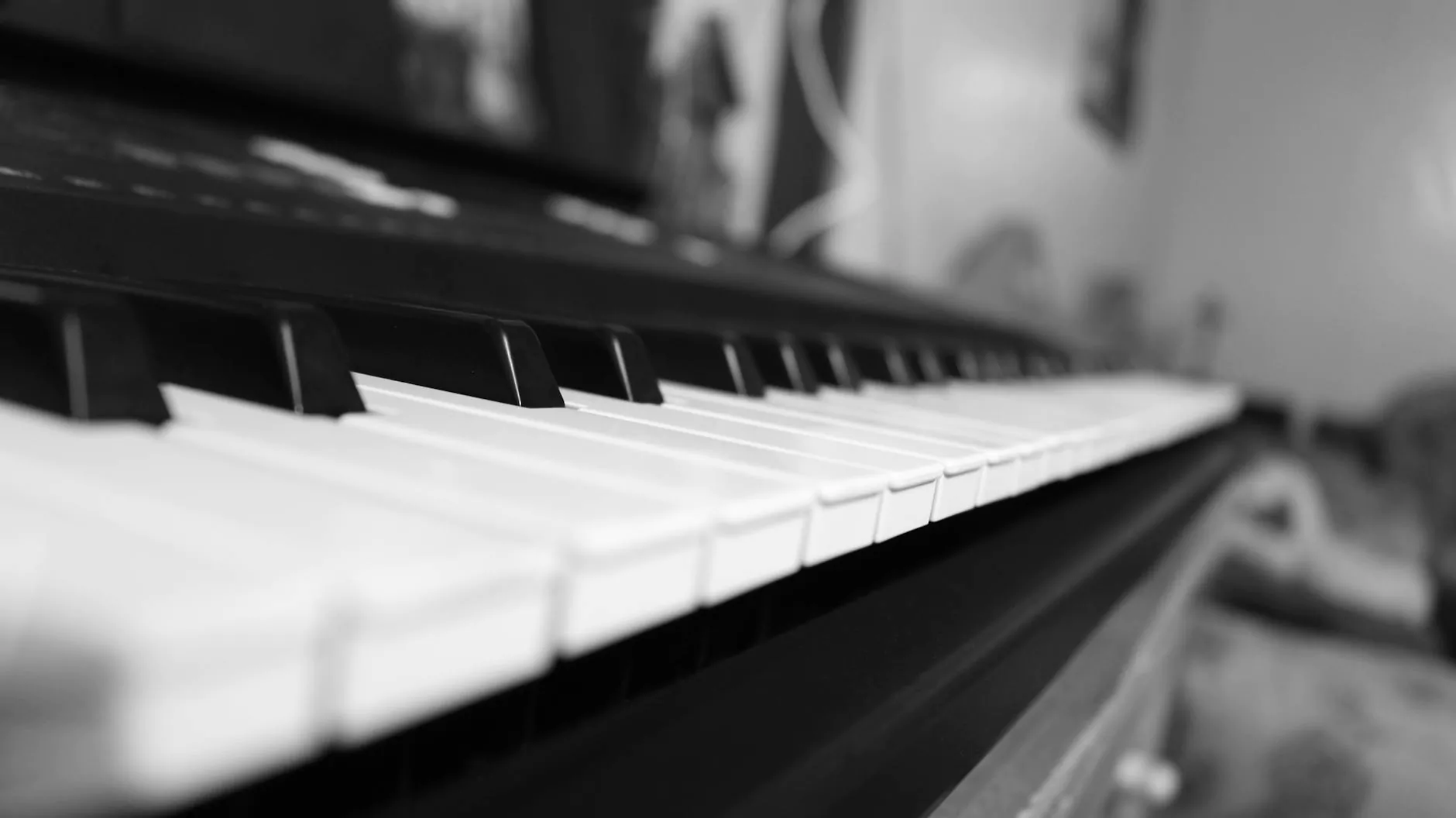Bite Guards for Teeth Grinding: A Comprehensive Guide

Teeth grinding, also known as bruxism, is a common issue affecting many individuals across different age groups. Often occurring during sleep, this condition can lead to serious dental problems and discomfort. Luckily, bite guards for teeth grinding are an effective solution that can help alleviate symptoms and protect your dental health.
What is Teeth Grinding?
Teeth grinding involves the involuntary grinding or clenching of teeth. Though it can occur at any time, it is most prevalent during sleep. This condition is often linked to stress, misaligned teeth, anxiety, and even certain medical conditions. If left untreated, bruxism can lead to:
- Cavities and Tooth Wear: Continuous grinding can wear down enamel, increasing the risk of tooth decay.
- Jaw Pain: Grinding places excessive pressure on the jaw muscles, leading to discomfort.
- Headaches: Many individuals experience tension headaches due to the strain on facial muscles.
- TMJ Disorders: Prolonged grinding can contribute to temporomandibular joint dysfunction, leading to chronic pain and jaw issues.
Understanding Bite Guards
Bite guards, also referred to as night guards or occlusal splints, are dental appliances designed to protect your teeth from the effects of grinding. They act as a barrier between the upper and lower teeth, effectively absorbing the grinding force and reducing the impact on your teeth and jaw.
Types of Bite Guards
There are several types of bite guards available, each designed to meet different needs and preferences:
1. Soft Bite Guards
These are made from flexible plastic and are typically recommended for mild to moderate bruxism. They provide a comfortable fit and are ideal for those who find it challenging to adjust to wearing a guard.
2. Hard Bite Guards
Made from a thicker and more rigid material, hard bite guards are suitable for severe grinding. They offer maximum protection and durability, making them ideal for patients with significant teeth wear.
3. Dual-Laminate Bite Guards
This type combines the comfort of a soft layer with the durability of a hard layer. They are ideal for those who need protection but also require comfort.
4. Custom-Made Bite Guards
Fabricated specifically for an individual’s teeth by a dentist, custom-made bite guards offer the best fit and comfort. They are typically more expensive than over-the-counter options, but their personalized design allows for optimal effectiveness.
Benefits of Using Bite Guards for Teeth Grinding
The use of bite guards for teeth grinding offers numerous advantages, including:
- Protection Against Tooth Damage: By acting as a cushion, bite guards prevent teeth from grinding against each other, reducing the risk of fractures and excessive wear.
- Jaw and Muscle Relief: A bite guard can help relax jaw muscles, alleviating tension and discomfort associated with bruxism.
- Improved Sleep Quality: With reduced discomfort and nighttime grinding incidents, individuals often experience better sleep quality.
- Cost-Effective Preventive Care: Investing in a bite guard can potentially save you money on dental repairs in the long run.
How to Choose the Right Bite Guard
Selecting the right bite guard involves considering various factors. Here’s a guide to help you make an informed decision:
Consult with a Dentist
Consultation with a dentist is crucial. They can assess the severity of your bruxism and recommend the most suitable type of bite guard. Regular dental checkups can help monitor your condition as well.
Material Consideration
Consider the material of the bite guard. A custom-made guard offers the best fit, while over-the-counter options are generally less expensive. However, the comfort and effectiveness of a custom guard can justify the higher cost for many patients.
Comfort and Fit
Ensure the bite guard fits comfortably in your mouth. It shouldn’t cause any irritation or discomfort. If you find yourself clenching or feeling pressure, you may need to try a different type.
How to Clean and Maintain Your Bite Guard
To prolong the lifespan of your bite guard, proper cleaning and maintenance are essential:
- Daily Cleaning: Rinse your bite guard with cool water after each use. Use a toothbrush or denture cleaner to remove plaque and bacteria.
- Storage: Always store your bite guard in a protective case when not in use to prevent damage.
- Regular Dental Checkups: Bring your bite guard to your dental appointments for professional cleaning and evaluation.
Addressing Underlying Causes of Teeth Grinding
While bite guards are an effective remedy for bruxism, addressing the underlying causes is equally important. Here are some common causes and coping strategies:
1. Stress Management
Since stress is a leading cause of teeth grinding, implementing stress-relief techniques is vital. Consider practices such as meditation, yoga, or deep-breathing exercises.
2. Behavioral Changes
Being mindful of clenching or grinding during the day can help reduce nighttime occurrences. Certain cognitive-behavioral therapies may assist in altering these habits.
3. Lifestyle Adjustments
Reducing caffeine and alcohol intake can minimize grinding episodes. Establishing a relaxing bedtime routine may also improve your sleep quality.
Conclusion
In conclusion, bite guards for teeth grinding are a practical and effective solution for anyone experiencing bruxism. Not only do they protect your teeth from damage, but they also help relieve jaw pain and improve overall sleep quality. Whether you opt for a soft, hard, or custom-made bite guard, consulting with your dentist will ensure you find the best fit for your needs. Remember, while bite guards are a great first step, addressing stress and lifestyle factors will contribute significantly to reducing teeth grinding in the long run.
For more information and assistance in selecting the right bite guard, visit medentalsf.com.









